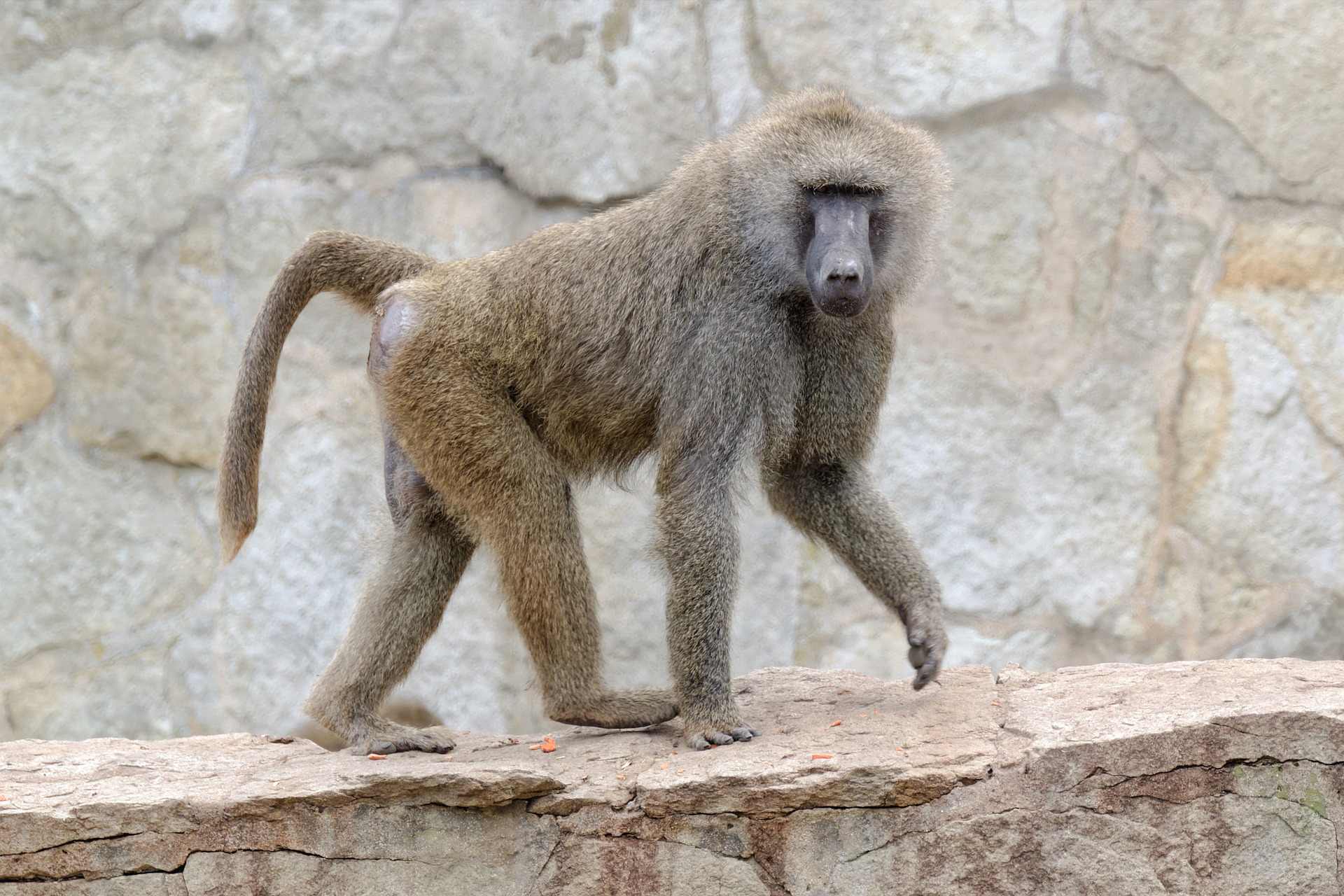Severe Acute Respiratory Syndrome Coronavirus 2 (SARS-CoV-2), the virus that causes COVID-19, is zoonotic in origin, but the pandemic has been driven by human to human transmission. Many animal species are susceptible to infection with SARS-CoV-2 and must be considered in the course of the pandemic. Updated on October 26, 2022.
Domestic cats (Felis catus) are susceptible to SARS-CoV-2 infection, and there is substantial evidence of transmission from humans to cats living in close contact with each other. At this time, there has been one recorded example of transmission from a cat to a human in very close contact. The symptoms experienced by cats are typically mild respiratory and gastrointestinal symptoms and known deaths have occurred in cats with serious comorbidities.
Domestic dogs (Canis familiaris) are susceptible to SARS-CoV-2 infection, and there is substantial evidence of transmission from humans to dogs living in close contact with each other. At this time, there has not been any detection of transmission of SARS-CoV-2 from dogs to humans. The symptoms experienced by dogs are typically mild respiratory and gastrointestinal symptoms and known deaths have occurred in dogs with serious comorbidities.
Evidence of susceptibility of horses (Equus caballus) to SARS CoV2 has been limited. A paper published in May of 2022, showed that a horse, known to be exposed to a person with COVID-19 disease, had seroconverted. The horse showed no clinical signs of disease.
Hamsters (Chinese, dwarf, Syrian) (Cricetulus griseus, Phodopus sp., Mesocricetus auratus) are susceptible to SARS-CoV-2 infection. Transmission has been shown to occur as a result of importation of hamsters in Hong Kong pet shops. There is evidence of transmission of SARS-CoV-2 from hamsters to humans, leading to onward transmission among humans.
-
Natural Infection
American mink (Neovison vison) are susceptible to SARS-CoV-2 infection. There have been a number of confirmed transmissions of SARS-CoV-2 from workers on mink farms to farmed mink, where the virus has then spread among the mink population. In addition, it has been demonstrated that the virus in mink can be passed back to humans.
-
Experimental Infection
Several other farmed animal species have been found to be susceptible to experimental infection with SARS-CoV-2, including alpacas (Lama pacos), cattle (Bos taurus), goats (Capra hircus), New Zealand white rabbits (Oryctolagus cuniculus), sheep (Ovis aries), and swine (Sus scrofa).
-
Not Susceptible to Experimental Infection
A number of farmed animal species have been found to not be susceptible to experimental infection with SARS-CoV-2, including chickens (Gallus gallus domesticus), ducks (Pekin and Shaoxing) (Anas platyrhinchos domesticus), geese (Snow, White Chinese) (Anser caerulescens caerulescens, Anser cygnoides), Japanese quail (Coturnix japonica), and turkeys (Meleagris gallopavo).
-
Natural Infection
White-tailed deer (Odocoileus virginianus) are susceptible to SARS-CoV-2 infection.
Initial cases in white-tailed deer were likely from transmission from
humans to deer. However, there is evidence suggesting transmission from
deer back to humans has occurred. Additionally, SARS-CoV-2 infection has
also been detected in mule deer (Odocoileus hemionus).
-
Infection in Captivity
SARS-CoV-2 infections have been detected in large felines in captivity, where SARS-CoV-2 spread from infected human caretakers, including Canada lynx (Lynx canadensis), and cougars (pumas) (Puma concolor).
-
Experimental Infection
Several animal species have been found to be susceptible to SARS-CoV-2 infection in experimental conditions, but naturally acquired cases have not been detected. These species include cottontail rabbits (Sylvilagus sp.), mice (Mus musculus), raccoons (Procyon lotor), red foxes (Vulpes vulpes), and striped skunks (Mephitis mephitis).
-
Infection in Captivity
SARS-CoV-2 infections have also been detected in several other species
in captivity, where SARS-CoV-2 spread from infected human caretakers,
including fishing cats (Prionailurus viverrinus), jaguars (Panthera onca), lions (Panthera leo), snow leopards (Panthera uncia), and tigers (Panthera tigris), as well as Antillean manatees (Trichechus manatus manatus), binturongs (bearcats) (Arctictis binturong), coatimundi (coati) (Nasua nasua), gorillas (Gorilla gorilla), hippopotamus (Hippopotamus amphibious), Sino-Mongolian beavers (Castor fiber birulai), spotted hyenas (Crocuta crocuta).

-
Experimental Infection
Other wildlife species have been found to be susceptible to SARS-CoV-2 infection in experimental conditions, but naturally acquired cases have not been detected. This includes non-human primate species African green monkeys (Chlorocebus aethiops), baboons (Papio hamadryas), common marmosets (Callithrix jacchus), and macaques (Macaca fascicularis, Macaca mulatta), as well as Egyptian fruit bats (Rousettus aegyptiacus), and Raccoon dogs (Nyctereutes procyonoides).